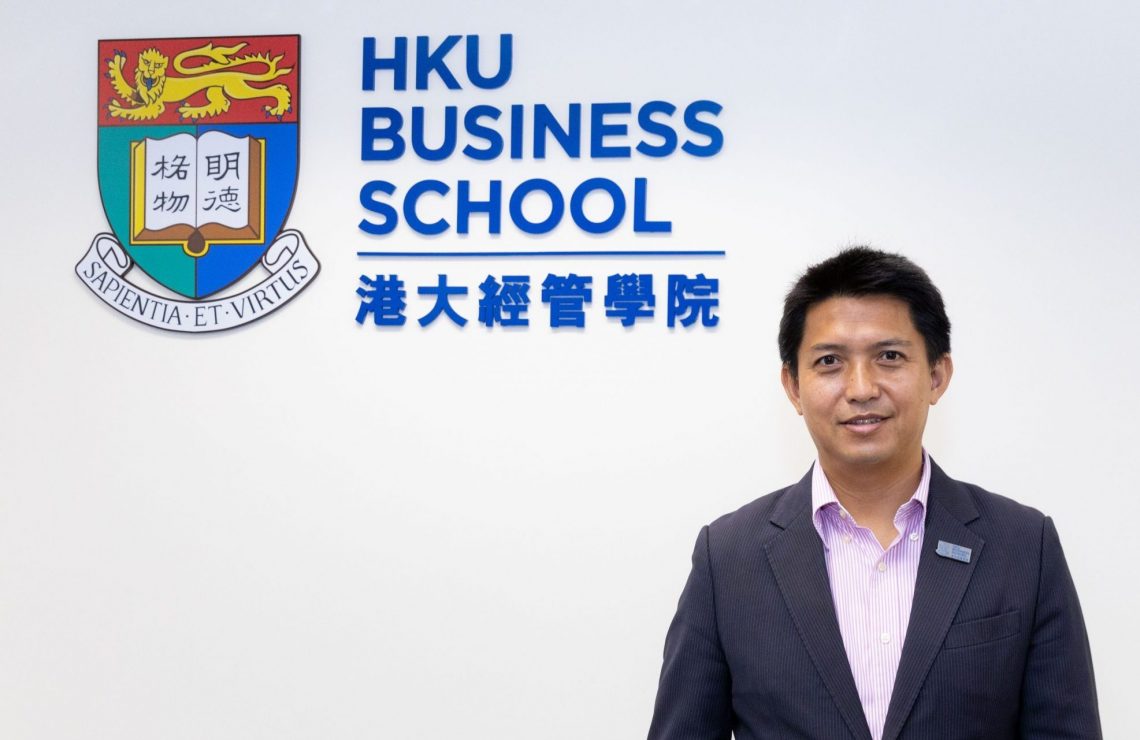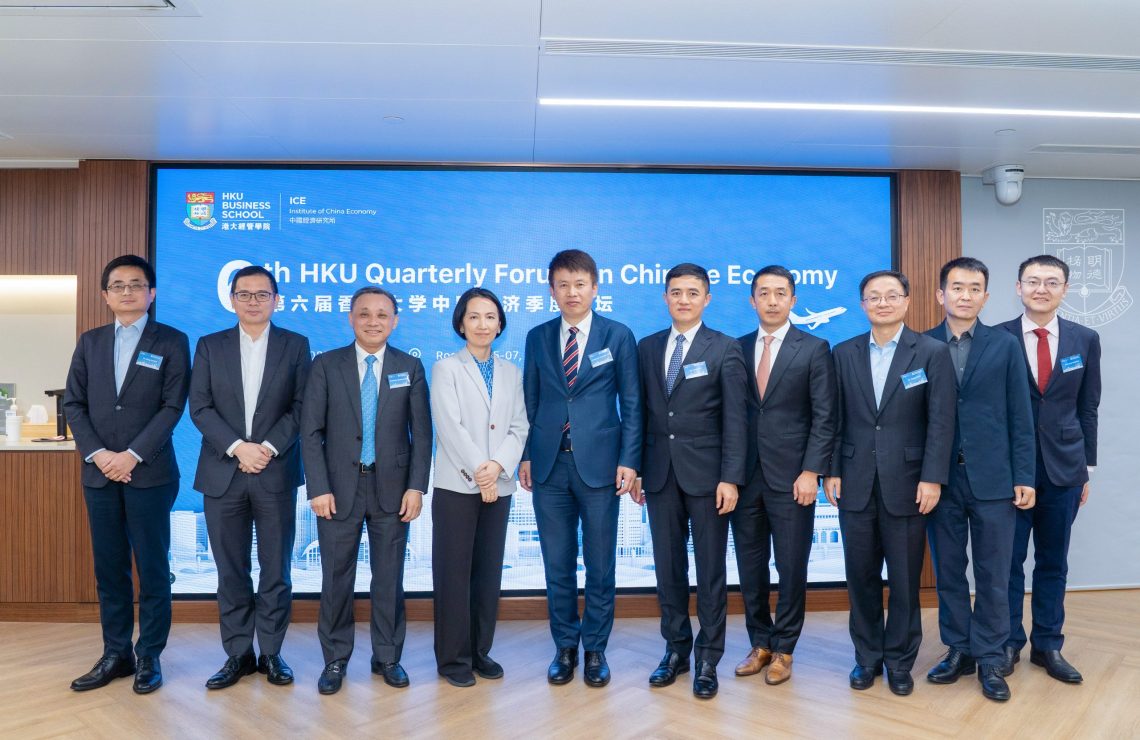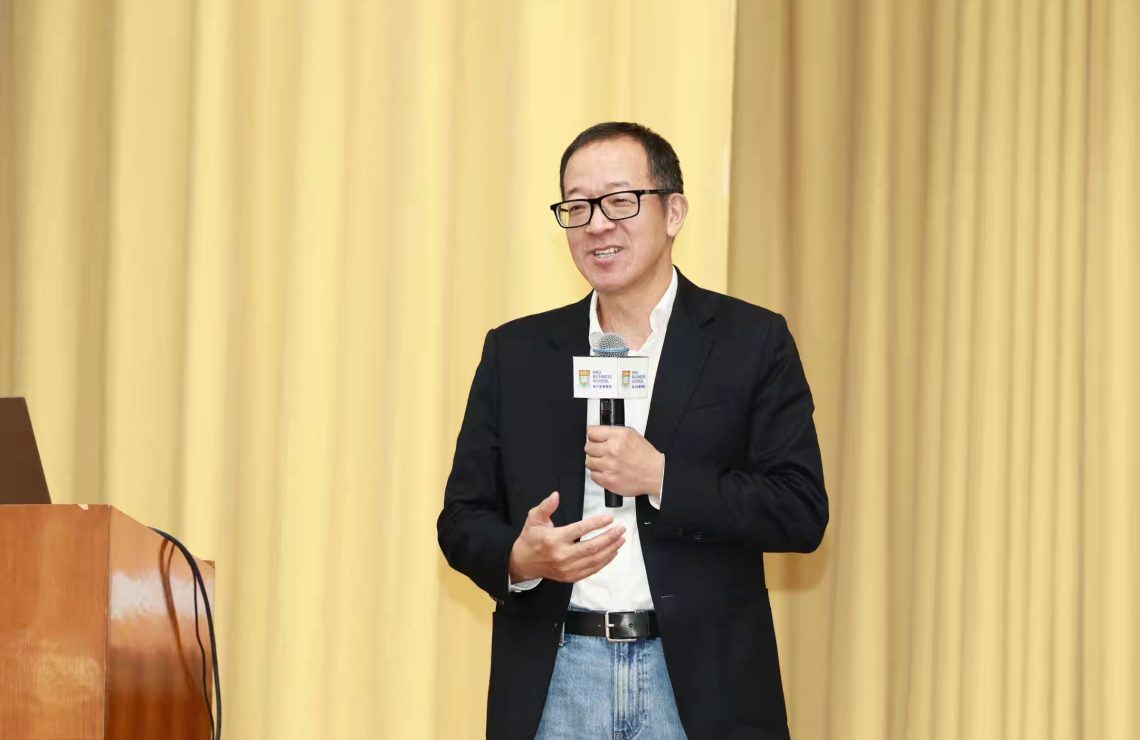
A Shield with a Razor’s Edge: Understand the Pros and Cons of CDS With an Empirical Lens
The global credit default swaps (CDS) market has experienced rapid growth in recent years. While CDS can be used to hedge risk or speculate, they are also widely used as a type of credit derivative for banks to get allowance on credit relief and hence, reduce the required capital to meet the regulatory requirements. A research by Professor Dragon Youngjun Tang, Professor in Finance at HKU Business School and other co-authors discovers that banks using CDS for capital relief have effectively freed up extra capital for businesses, but at the same time are more likely to extend loans and build up riskier loan portfolios.
The research is done by Professor Dragon Youngjun Tang and co-authors Dr. Chenyu Shan of Shanghai University of Finance & Economic, Professor Hong Yan of Shanghai Advanced Institute of Finance and Dr. Xing Zhou of the Federal Reserve Board of Governors. It studied 105 large US banks on their CDS trades, required capital, loan transactions, and other financial information from 2001 to 2014. The paper was also published on “Review of Finance” early this year, which is one of the Top 5 journals for Finance academic researches.
Comparing with banks that trade CDS for speculation, banks using CDS for capital relief do perform better in terms of profit, Return-on-Assets and Return-on-Equity. “The profit margin in the banking industry is not very high, and therefore it is rational for banks to expand their total asset base to earn more,” said Professor Tang. “In general, banks can free up 10 – 15% of their required capital after using CDS, allowing them to conduct more businesses.”
However, as using CDS on outstanding loans makes institutions appear safer to regulators and shareholders, its real consequence to the market is also worth studying. During financial crisis, the cost for CDS protection will inevitably be driven up and the role of CDS in risk transfer and capital relief will shrink. As banks relying on CDS for capital relief may have built up riskier loan portfolios, they are more likely to face liquidity shortages and are unable to maintain their regulatory capital ratio during financial crisis. Even if they can use CDS to achieve capital relief, the amount of capital they save via CDS can be much less than the amount of liquidity they need. As a result, they are more likely to request government bailouts than banks that trades CDS for speculation. “In order words, by buying CDS, banks have transferred their risks to the tax payers in times of financial crisis.” said Professor Tang.
Nevertheless, Professor Tang still believes that the existence of CDS is still conducive to the financial market. He remarks that the CDS market was very active prior to the Coronavirus pandemic. Hedge funds and institutional investors alike had managed to hedge most of their risks thanks to CDS. As CDS does increase the performance of banks, this financial innovation can deliver better welfare to shareholders. Moreover, the more liquidity available, the easier it is for businesses to finance themselves and propel economic growth. As the CDS market is taking off in the mainland, Professor Tang believes that the key is to have an effective regulatory regime to guide the market. “We can learn from past mistakes and try to achieve better results in the future.”
Full version of this research paper:
Credit Default Swaps and Bank Regulatory Capital
https://papers.ssrn.com/sol3/papers.cfm?abstract_id=3038730







